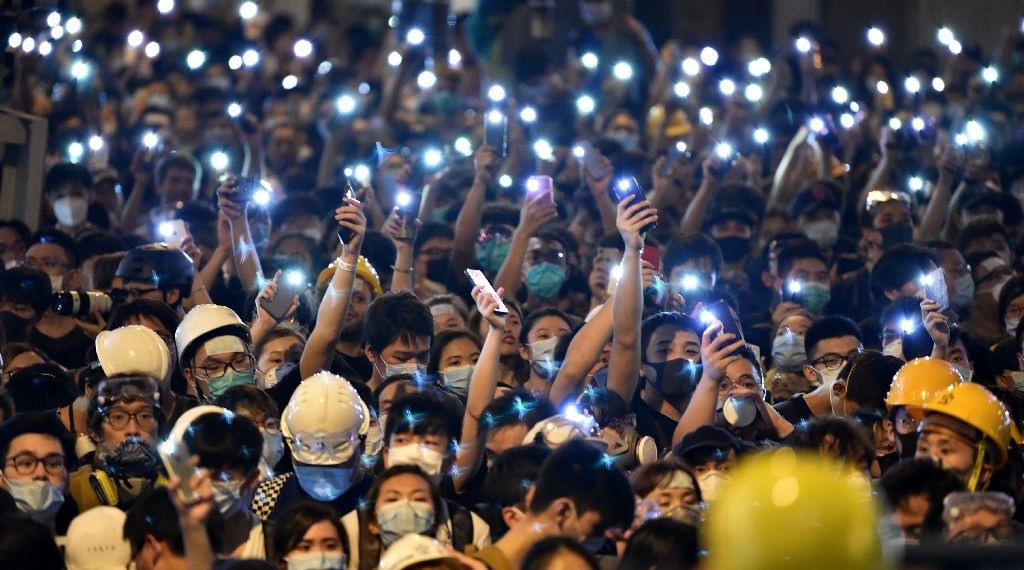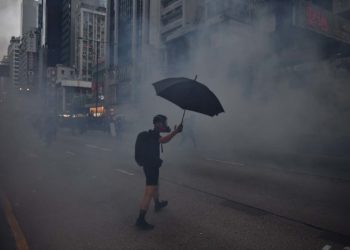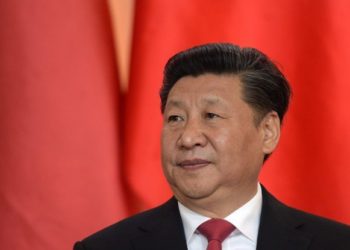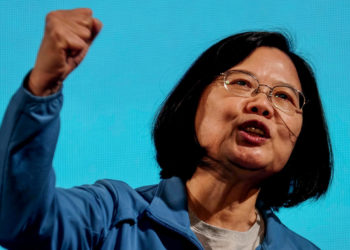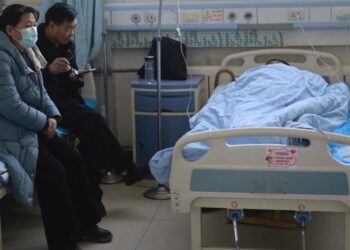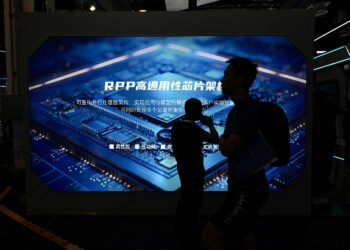While the suspension of Hong Kong’s extradition law is a temporary victory, the island’s fight for democracy is far from over.
Over the past weeks, an estimated 1 to 2 million demonstrators have taken to the streets to protest the proposal of an extradition law. The law would allow China more involvement in Hong Kong’s legal system and enable Beijing to extradite Hong Kong residents and try them in mainland courts. This would have serious implications for Hong Kong’s political activists.
One of the organizers of today's protest has told CNN they've “never seen such a big crowd” in Hong Kong. Live updates: https://t.co/4CAI1WG9OK pic.twitter.com/SIyDVKPzw6
— CNN International (@cnni) June 16, 2019
At first, the passage of the bill seemed inevitable. But on June 15, Hong Kong’s Chief Executive Carrie Lam announced the bill’s suspension.
Expansion of Chinese Authority
Hong Kong is a Chinese Special Autonomous Region that enjoys relative autonomy from the mainland thanks to a policy known as “one country, two systems.” Hong Kong’s legal system is one of the few barriers separating the island territory from the Chinese mainland.
The recent social movement, Hong Kong’s largest ever, followed in the wake of the 2014 Umbrella Movement where activists occupied city streets for 79 days to demand universal suffrage. Hong Kong authorities did not meet this demand, and the mainland began to exert even more influence over the territory.
Following the 2015 and 2016 elections, pro-democracy politicians were removed from office for violating the guidelines of a swearing-in ceremony. In addition, Umbrella Movement activists were tried and sent to prison on various charges related to the movement.
Despite the increase of Chinese control over the region, Hong Kong still maintained its rule of law. The passage of the extradition law would remove that safety.
Media coverage of the extradition law protests helped prompt Chief Executive Lam and mainland authorities to back down from their efforts to pass the law. With the world watching, Chinese authorities were likely afraid of what would happen if the skirmishes between police and activists would escalate like they did 30 years ago.
Tiananmen Massacre
In 1989, the world watched as tanks rolled into Beijing’s Tiananmen Square on June 4. The evening prior, hundreds were killed as soldiers came into the square to remove those who remained behind following months-long pro-democracy demonstrations.
After Tiananmen, political leaders secluded themselves for days. After that, political leader Deng Xiaoping appeared on television followed by a propaganda campaign. The pro-democracy protests were framed as a “counterrevolutionary revolt.” Later, two top Community Party officials were removed from office. Chinese officials feared that Western democratic influence would undermine their communist regime.
Following the massacre, China began laying the groundwork to completely eradicate any news of what occurred. To this day, discussion of the event is non-existent on the mainland. The official June 4 death toll also remains unknown.
While the West and progressive Hongkongers remain critical of China’s actions, China was able to use its monopoly control of the media to frame the pro-democracy movement as a Western-influenced conspiracy. This narrative of negative Western influence is still used to justify increased censorship and crackdowns on any political dissident.
Hong Kong’s Fight for Democracy
The Tiananmen Massacre brought fear and anxiety for many Hongkongers who knew they would be transitioning from a British colony to a Chinese Special Autonomous Region in 1997.
Hong Kong holds an annual Tiananmen vigil to remember those lost during the massacre. However, in recent years, participation numbers for this event have gone down as Hongkongers have begun to focus more on their own fight for democracy.
This year marked the 30th anniversary of the Tiananmen movement, and many Western media outlets covered the event. The protests in Hong Kong began shortly after June 4. A few news organizations noted the connection between these two events.
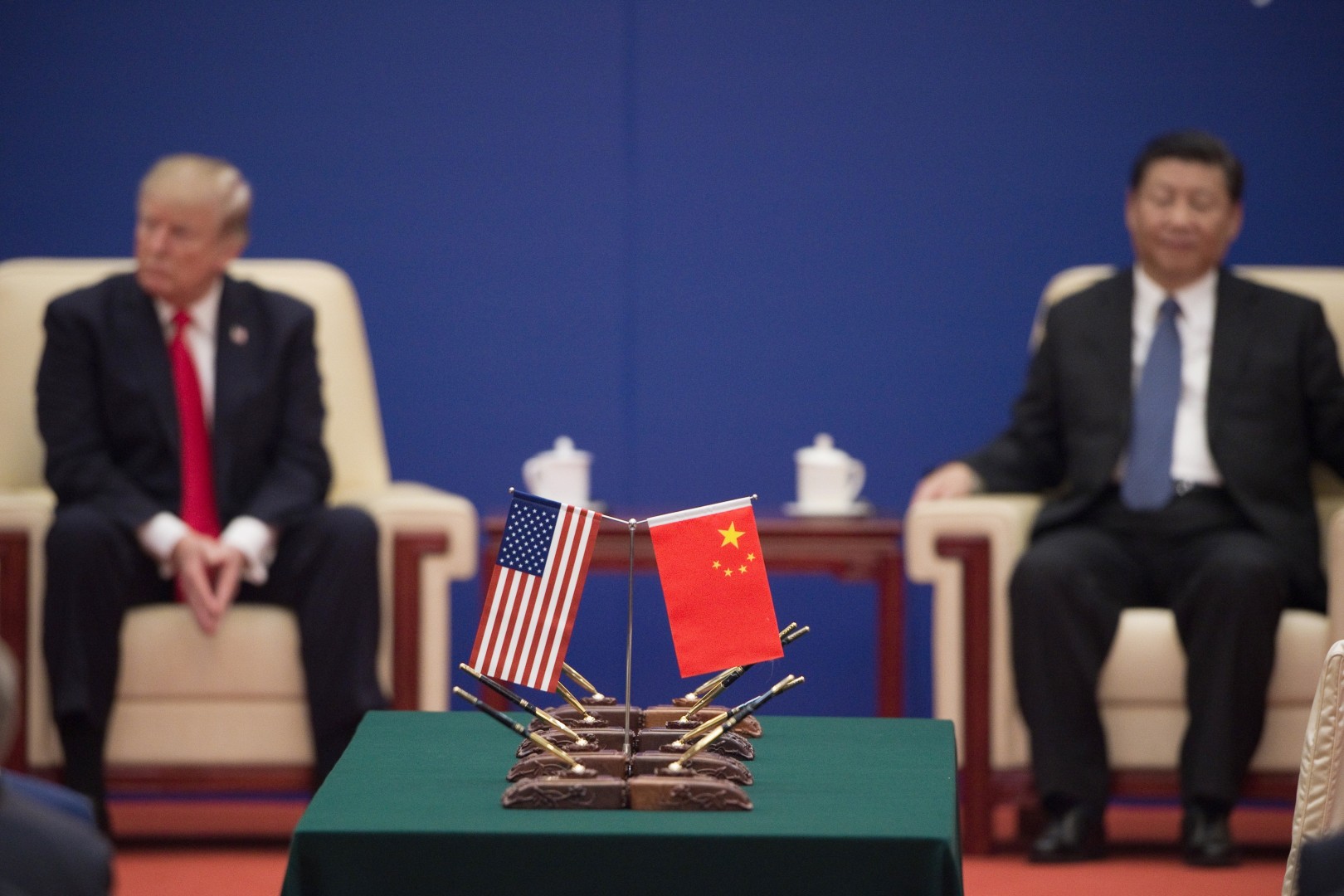
With media attention already on China because of Donald J. Trump’s trade war and Tiananmen’s 30th anniversary, western media consumers were likely primed to expect the worst from the mainland government when news of the Hong Kong protests broke.
However, China learned from its mistakes and backed down to de-escalate the situation avoiding a repeat of the 1989 Tiananmen massacre. China doesn’t want to repeat the media and political backlash that followed Tiananmen, and they have learned to wait and remove freedoms slowly and subtly.
Learning from Tiananmen Mistakes
After 1989, China began to loosen restrictions. During the 2008 Olympics, social media platforms like Facebook and Twitter were accessible. In recent years though, Chinese censorship has become more sophisticated. Subversive media is blocked to control the population.
Although China’s “great firewall” doesn’t extend to Hong Kong, China still censors Hong Kong’s protests in the mainland. Articles about the demonstrations published in the mainland are riddled with pro-Beijing propaganda. During the Umbrella Movement, mainlanders were able to access information about the protests via Instagram. This is no longer the case.
A cybersecurity law in China requires social media users to use their real names. On top of that, users can go to jail for online speech. Events like the 1989 Tiananmen Square pro-democracy movement are censored on the mainland, and it appears that the current Hong Kong protests are being treated no differently. When the protests are mentioned, they’re described as riots instead of peaceful protests.
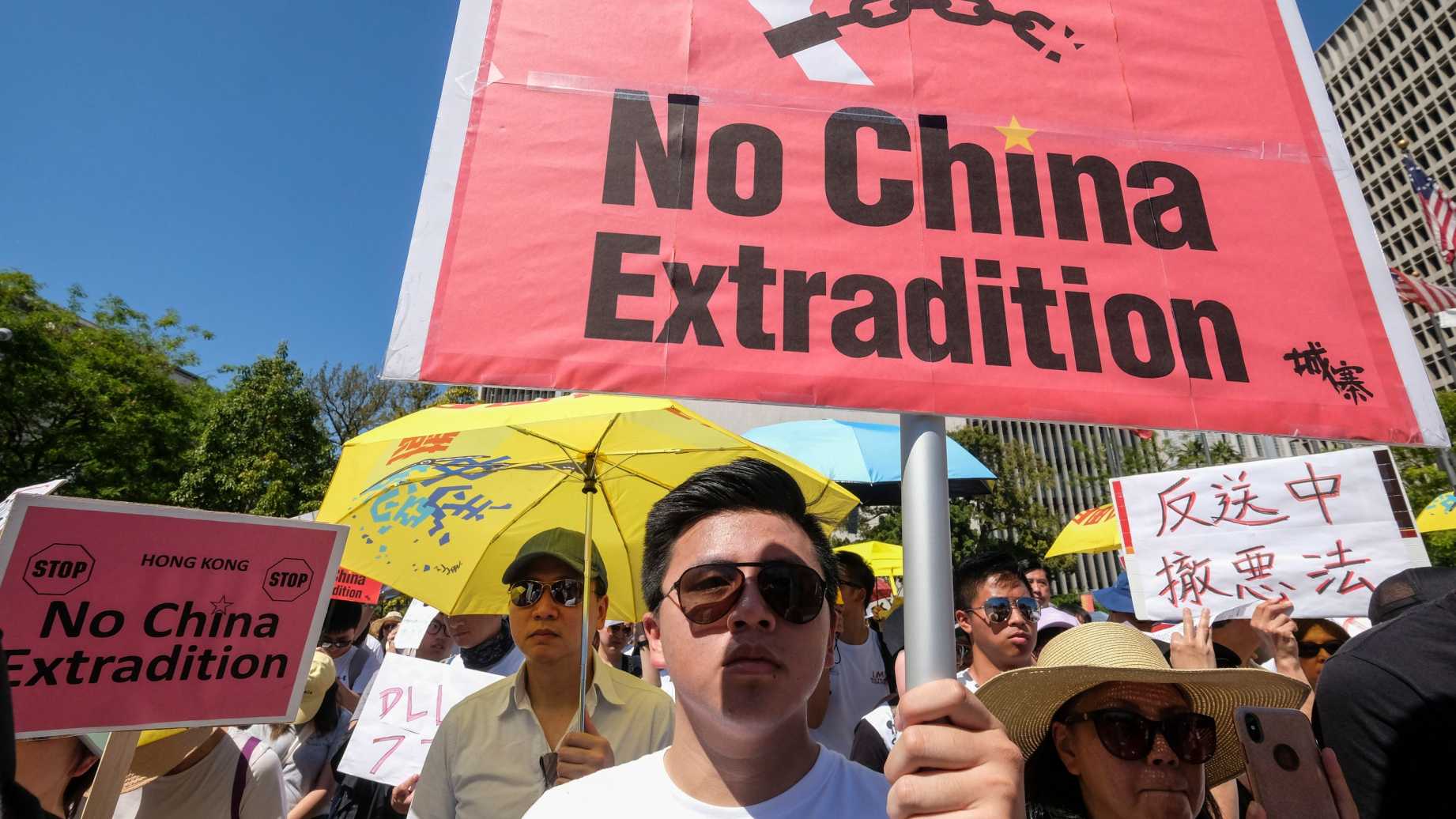
Hong Kong’s media does have autonomy from the mainland, and the territory enjoys relative free speech; however, the CEO of Telegram, a platform that allows users to send encrypted messages and photos, noted that China likely hacked the system in an attempt to disrupt communications channels during the movement.
The Tiananmen pro-democracy movement and Umbrella Movement brought considerable media coverage to the region. Sadly, after these occupations, much of that coverage disappeared. When global attention for these events wavers, the Chinese government will use the lack of global pressure to increase its efforts to exert more authority.
Now that the world is again watching Hong Kong fight for their democratic freedoms, it is important that we don’t forget. The law is only suspended. China and Carrie Lam’s Hong Kong government may have backed down while global media pays attention, but that doesn’t mean the bill won’t pass once we stop paying attention.
If this law eventually passes, Hong Kong’s activists will need us to pay attention then more than ever.
Disclaimer: The views and opinions expressed here are those of the author and do not necessarily reflect the editorial position of The Globe Post.

